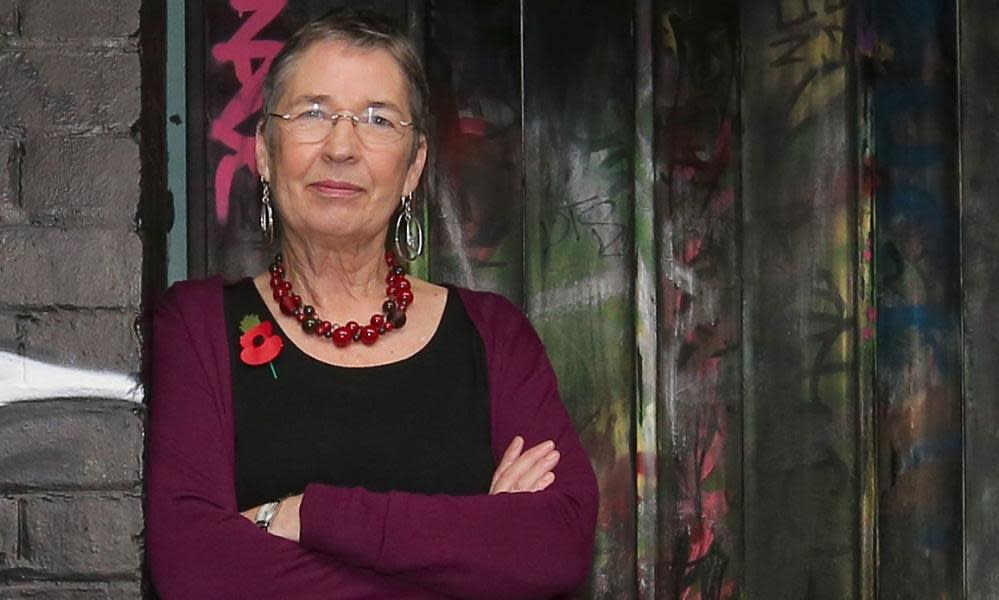Juries have no place in rape trials. They simply can’t be trusted

The conviction rates for rape have long been shockingly low. This is what has led one Labour MP, Ann Coffey, today to suggest doing away with juries in rape trials.
I support this. Prevailing rape myths, such as “she was asking for it”, “he’s handsome, and does not ‘need’ to rape”, and “if she didn’t want it she would close her legs”, can poison the mind of a juror against the complainant, whatever the evidence against the defendant. Women and girls are routinely blamed for being raped, which means the perpetrator, even when it is abundantly clear that he is guilty, is too often absolved. That is how patriarchy works: keep females in a constant state of fear of male violence, and then put the responsibility for it firmly on their shoulders.
“But our jury system, the bedrock of a fair trial, is under threat as it is,” is an argument I often hear when I suggest this way forward. But let’s look at why some of us support this measure.
In 2003, I sat through a number of rape trials as part of a Home Office research project on how complainants’ sexual histories were being used to discredit them. Nothing appears to have improved in the 15 years since.
Look, for example, at the Ched Evans case, a footballer who was convicted of rape but later had his conviction quashed and was acquitted at a retrial that relied on evidence of the complainant’s alleged sexual history. Despite some male barristers arguing that feminist campaigners were overreacting, the case showed us how women in rape cases are often more on trial than the defendant. Then there is the scandalous case in Cork, during which underwear belonging to a 17-year-old complainant was held up for the jury to see, with the suggestion that she was “open to meeting someone”.
The fact that acquittals are significantly higher in cases involving young men may reflect the fact that many jurors don’t want young men labelled and stigmatised for life by a rape conviction; even where the evidence is strong, they may be bringing to the case their own anxiety that it could happen to their son, brother or friend. Two thirds of such cases end in acquittal.
Are two thirds of women who report such cases lying? One CPS study found that in a 17-month period there were just under 6,000 prosecutions for rape, but only a tiny handful – 35 – for making false allegations of rape. Members of the public, who make up juries, are exposed to disproportionate coverage of alleged false allegations of rape, which might lead some to labour under the impression that prisons are full to bursting with innocent men.
If we did get rid of juries, we would need more than a judge who has undergone specialist training. Perhaps one option would be to appoint a panel of assessors, such as those that sit on discrimination cases, all of whom would have expertise in issues such as issues relating to sexual violence. Panellists could help inform the judge in the case about relevant issues, and remind them of some of the facts as well as the myths; for example, people of all ages, from babies to elderly women are raped (sexual attraction has nothing to do with it); not shouting “no” does not mean consent; and the idea that alcohol is the new short skirt – that a drunk woman is signalling she’s “up for it”.
Until we do something to reform the system no one has the right to ask women why they didn’t report it before – a question all too often aimed at some of the high-profile women linked to the #MeToo movement.
Jury-free rape trials should be piloted and rigorously evaluated. At the same time, the CPS should take advice from Alice Vachss, who, when she was a special sex crimes prosecutor in New York, took every case to court where there was a credible statement from the complainant. Vachss secured a conviction in 80% of her cases. In England and Wales, we are barely skimming 6% from a reported rape to conviction, and evidence has emerged that suggests the CPS is choosing to drop “difficult” cases.
Jurors are, however, far from the only problem in the way the criminal justice system deals with sex crimes. Rape myths are imbued all the way through the system, including police, prosecutors, judges, and everyone who has not been educated to challenge rape myth ideology. This needs tackling throughout the entire system.
More than 800 years since trial by jury became a right, we have to recognise that women and girls who are victims of sexual assault also have a right to justice. Until we see an end to toxic rape mythology and victim blaming among the general public, juries can’t be trusted to try such cases.
• Julie Bindel is a freelance journalist and political activist, and a founder of Justice for Women

 Yahoo News
Yahoo News 
